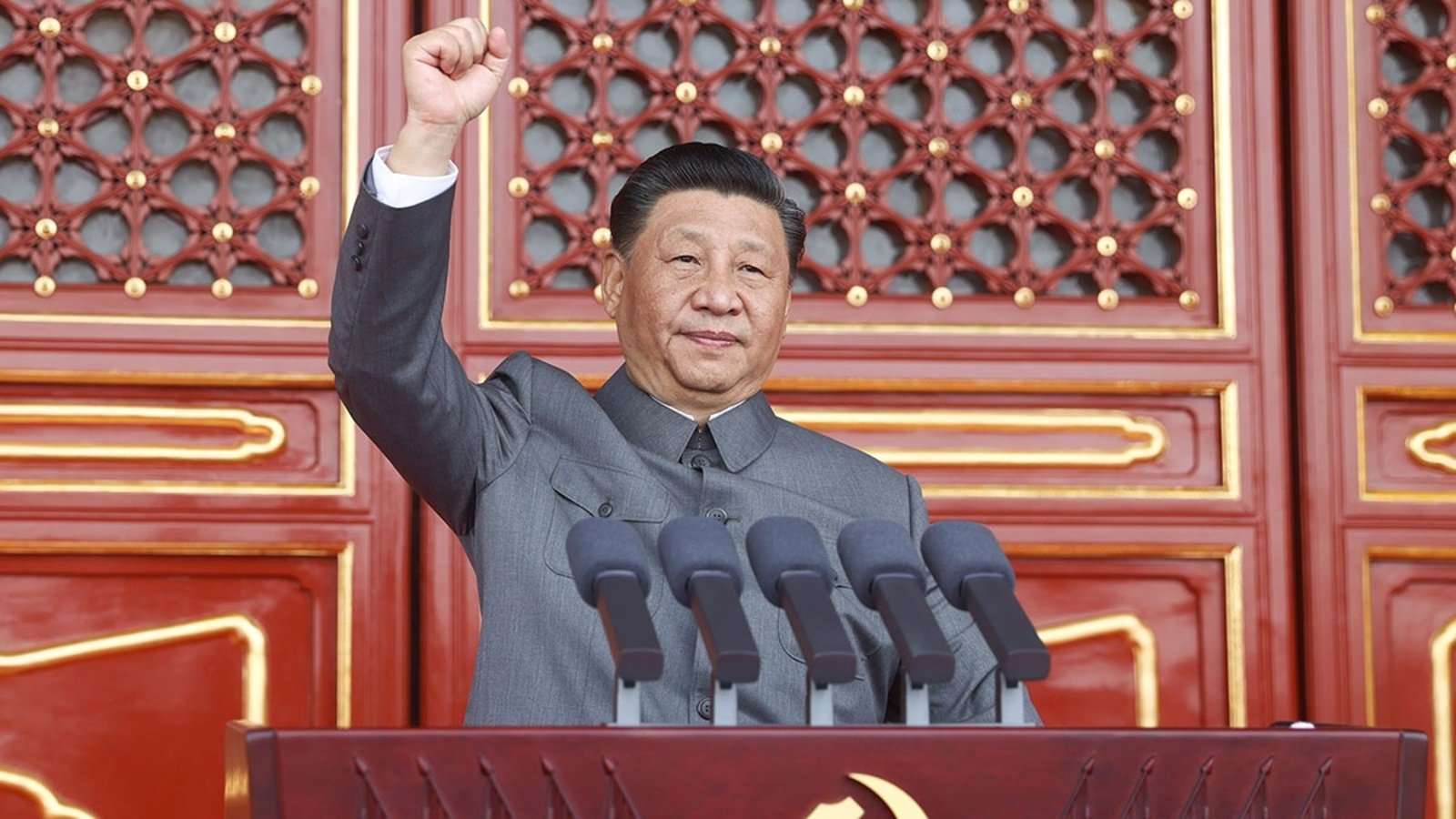China’s Military Leadership in Crisis: Corruption Scandals Shake the Foundations of the People’s Liberation Army

China’s military is facing an unparalleled crisis as a series of high-profile corruption investigations unravel the integrity of its leadership, exposing deep-seated institutional weaknesses at the core of the People’s Liberation Army (PLA). The recent suspension of Defense Minister Dong Jun has marked the third consecutive defense minister under investigation for corruption, highlighting systemic failures that threaten to derail President Xi Jinping’s strategic ambitions and the operational readiness of the PLA.
Dong Jun’s suspension follows the expulsion of his predecessors, Wei Fenghe and Li Shangfu, both implicated in severe corruption scandals. Wei Fenghe, defense minister from 2018 to 2023, was ousted from the Chinese Communist Party for “serious violations of discipline.” Li Shangfu, who succeeded Wei, was removed within seven months, vanishing from public view amid allegations of accepting bribes and conducting dubious military procurement deals. Now, with Dong Jun under investigation, concerns over the fragility of China’s military leadership have reached a new peak.
The corruption investigations extend beyond individual misconduct, with nearly 100 senior military officials being removed or placed under scrutiny. The Rocket Force, a vital unit overseeing China’s nuclear arsenal, has become a focal point, with its senior commanders accused of systematic corruption. Such allegations not only compromise national security but also reveal fundamental vulnerabilities within China’s military governance.
The Central Military Commission, China’s most powerful military body, is in turmoil, with rare vacancies and diminished operational stability. The suspension of Admiral Miao Hua from the commission has further destabilized the structure, raising critical questions about the effectiveness and resilience of the PLA’s command hierarchy.
Analysts believe Xi Jinping’s anti-corruption drive, while aimed at addressing genuine misconduct, also serves as a mechanism for consolidating political control by removing rivals and instilling fear. However, this campaign risks creating greater instability, as evidenced by the PLA’s current state of disarray. US intelligence reports suggest that corruption has already led to severe operational deficiencies, including malfunctioning equipment and compromised missile systems, which could significantly weaken the PLA’s combat readiness.
The crisis comes at a particularly sensitive time, as China navigates escalating geopolitical tensions, including increased military activity around Taiwan and confrontations in the South China Sea. The internal turmoil within the PLA risks undermining China’s ability to respond effectively to these challenges, jeopardizing Xi Jinping’s ambitious goal of reunifying Taiwan by 2027.
Moreover, these developments underscore broader governance issues within China. Despite presenting an image of strength and stability, the Chinese political system appears increasingly reliant on personalized power dynamics rather than transparent institutional frameworks. The removal of officials, even those considered loyal to Xi, reveals a governance model driven more by political survival than by institutional integrity.
China’s economic slowdown and deteriorating relations with Western powers further exacerbate the situation. The destabilization of its military leadership could damage its global reputation and weaken confidence in its political and military institutions. Experts have criticized Xi’s judgment in appointing military leaders, suggesting that the systemic corruption points to deeper flaws in China’s military-political ecosystem.
The investigations, which have implicated senior officials once thought untouchable, have created an atmosphere of fear and unpredictability that threatens to erode institutional cohesion within the PLA. Security analysts, including James Char, argue that Xi’s misplaced trust in his subordinates underscores a profound failure in leadership and vetting processes at the highest levels.
As these investigations continue, the future of China’s military leadership remains uncertain. What began as an anti-corruption campaign risks evolving into a destabilizing force that could significantly weaken China’s military capabilities at a critical time. With internal investigations, political infighting, and leadership crises paralyzing the PLA, the coming months will be pivotal in determining whether Xi Jinping can restore order or whether the foundations of China’s military power will continue to crumble under the weight of corruption and mismanagement.




![From Kathmandu to the World: How Excel Students Are Winning Big [Admission Open]](https://nepalaaja.com/index.php/img/70194/medium/excel-college-info-eng-nep-2342.jpg)
